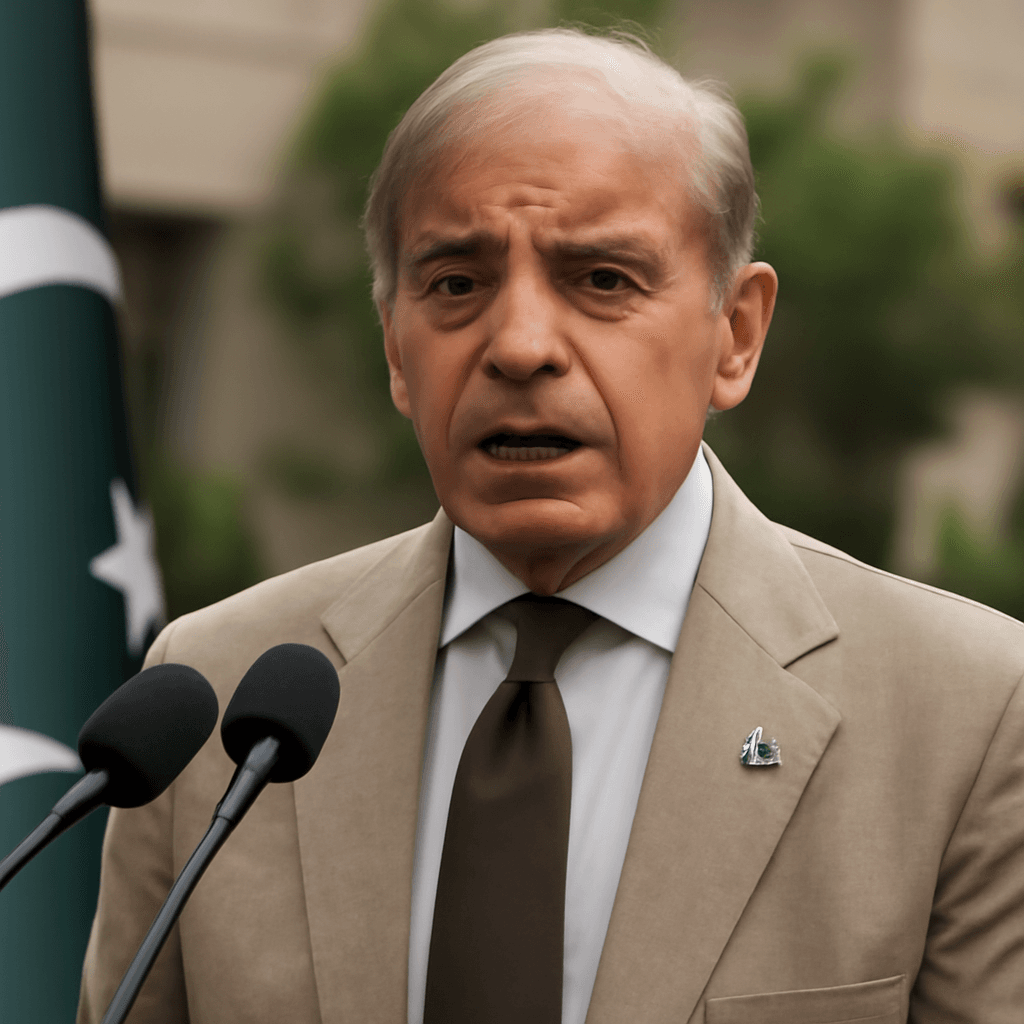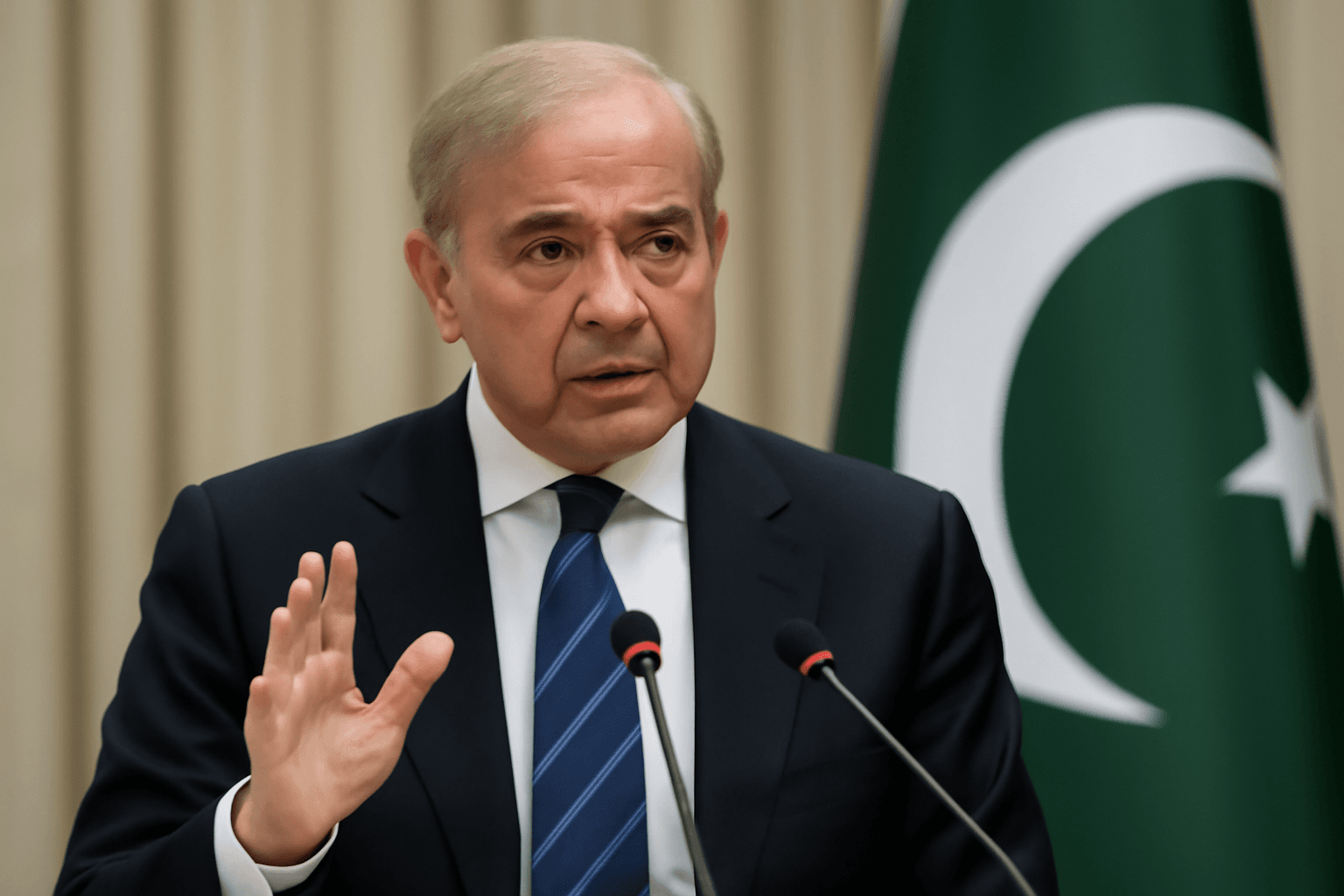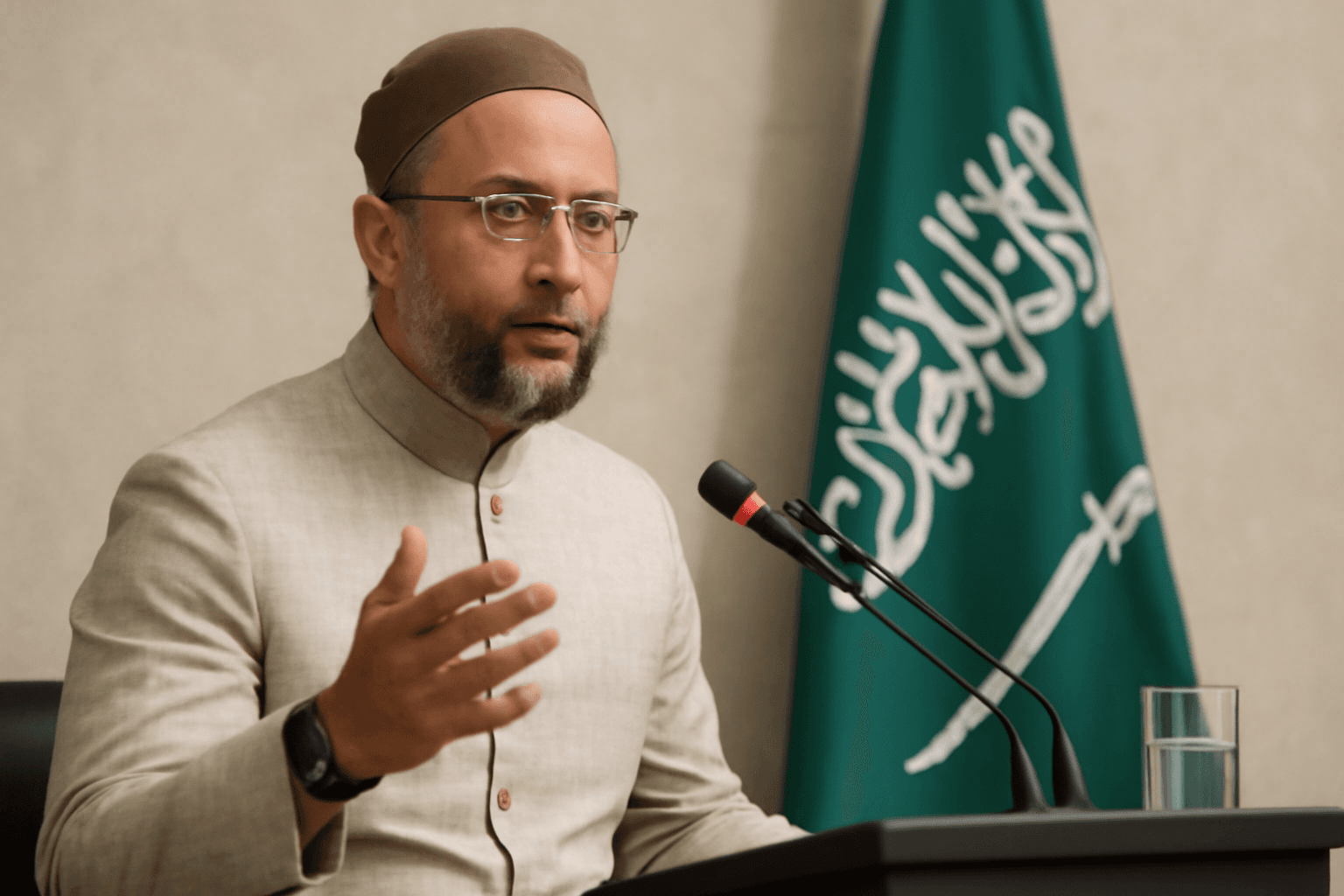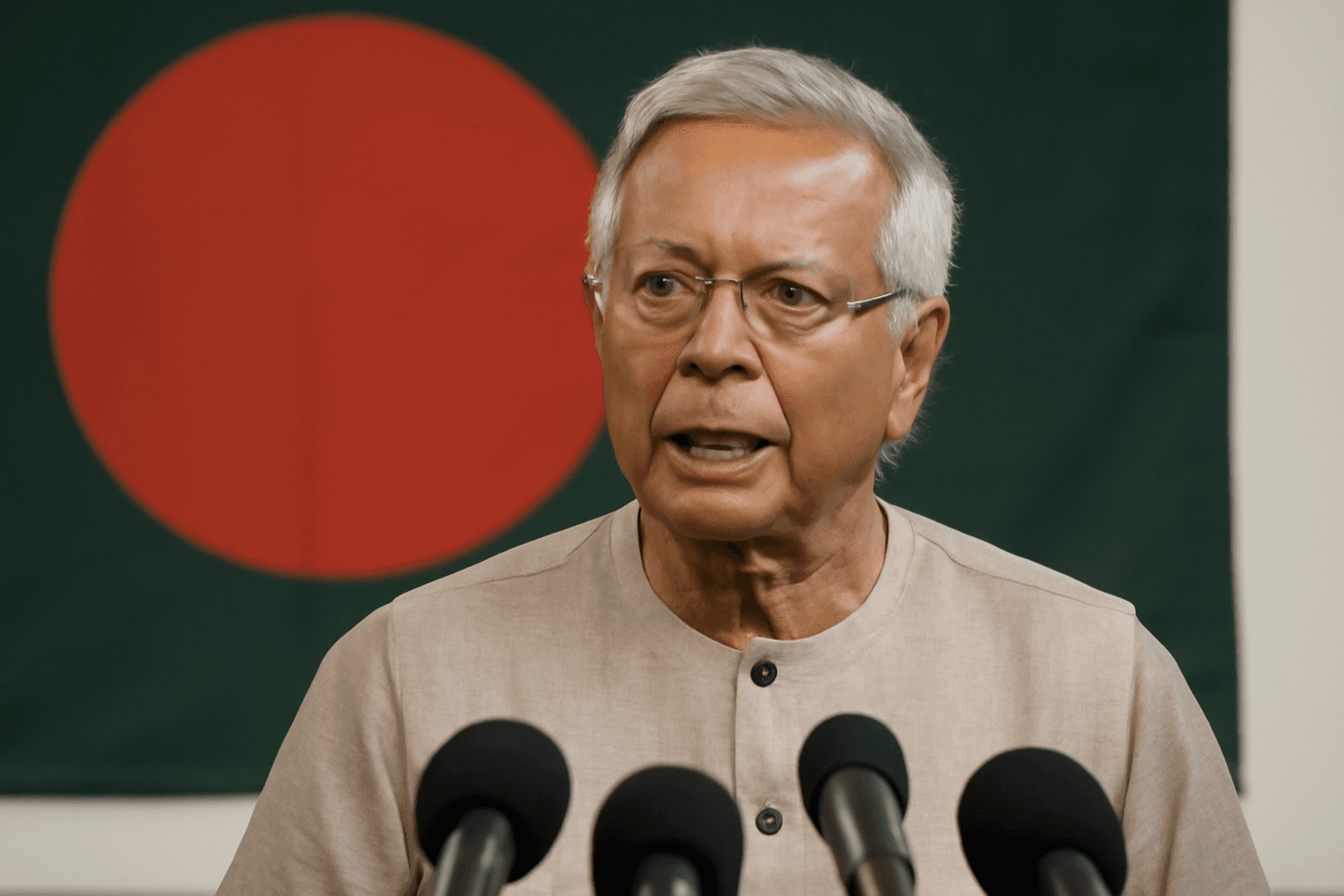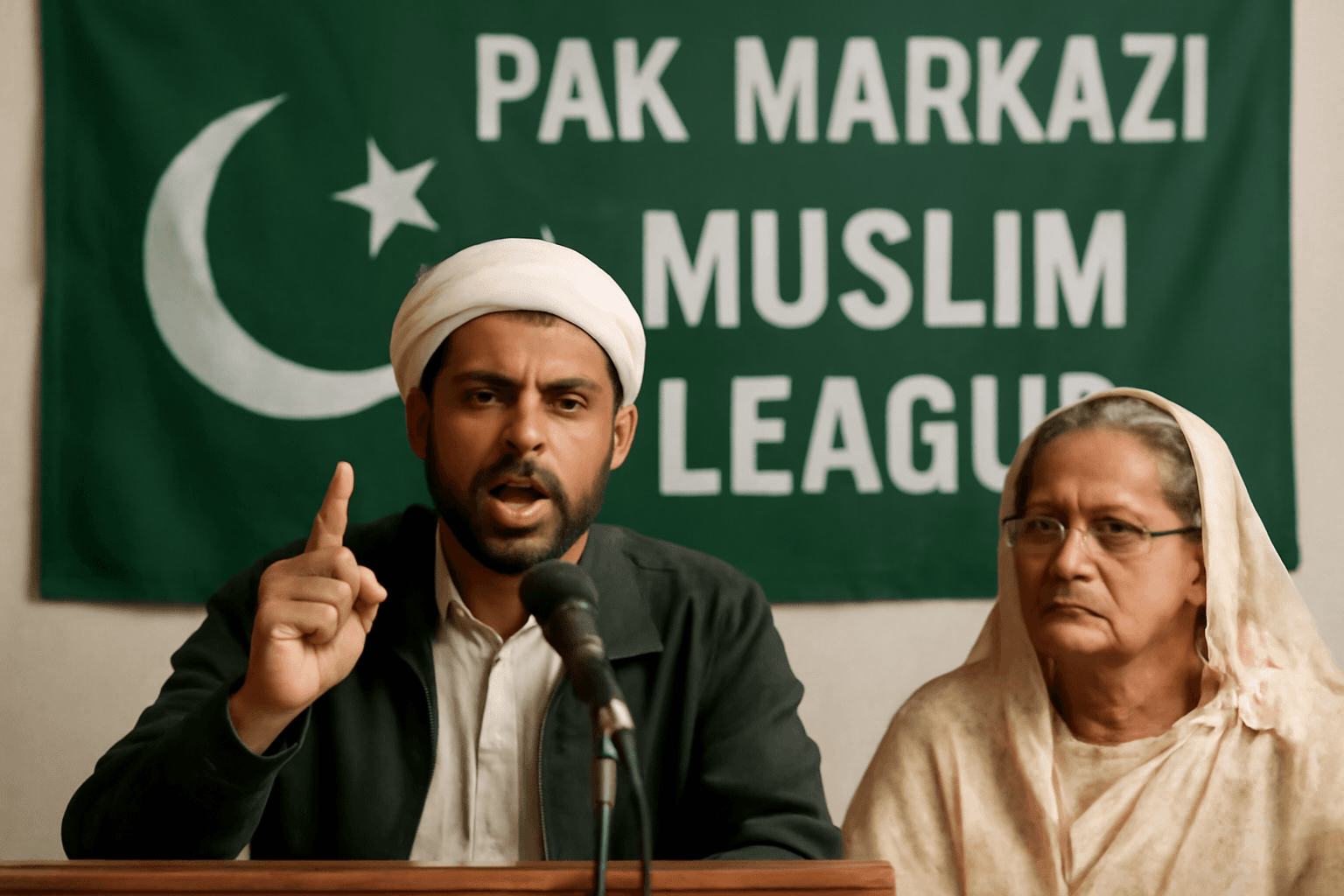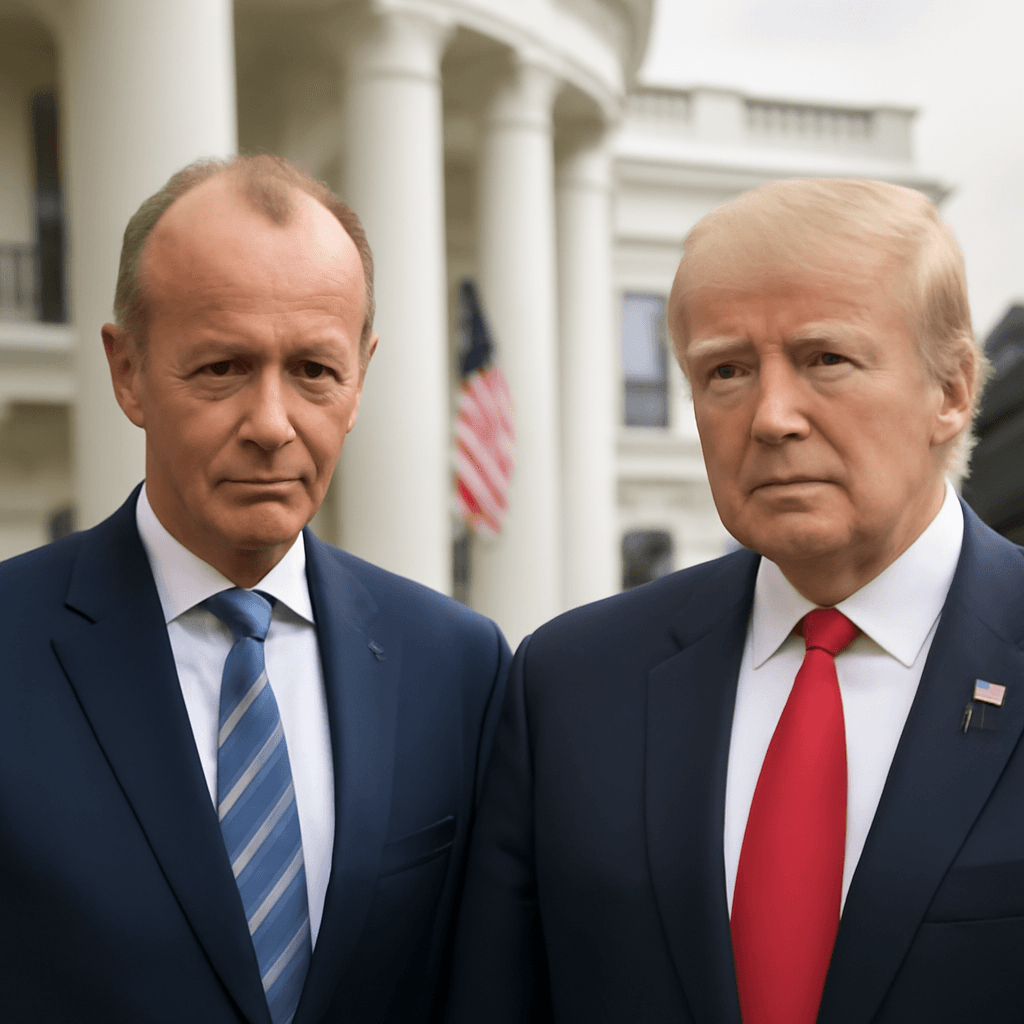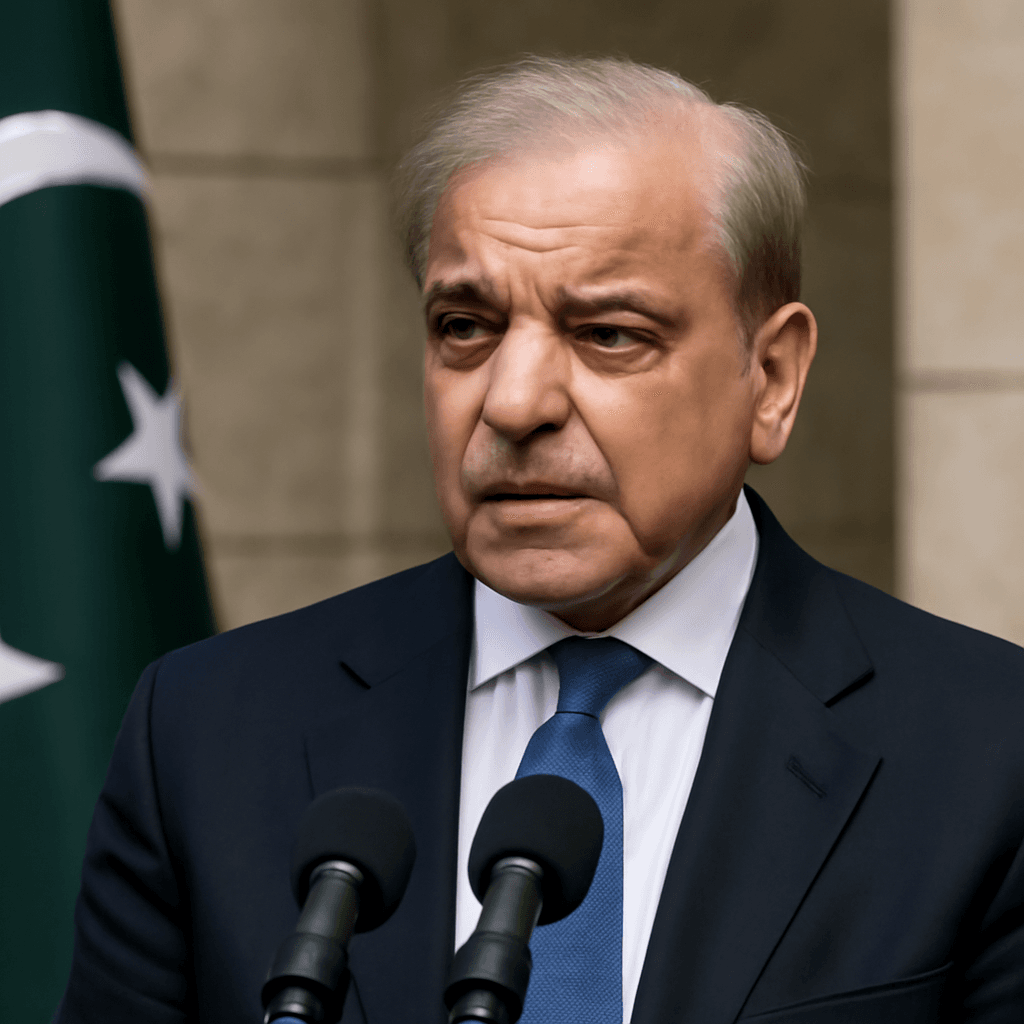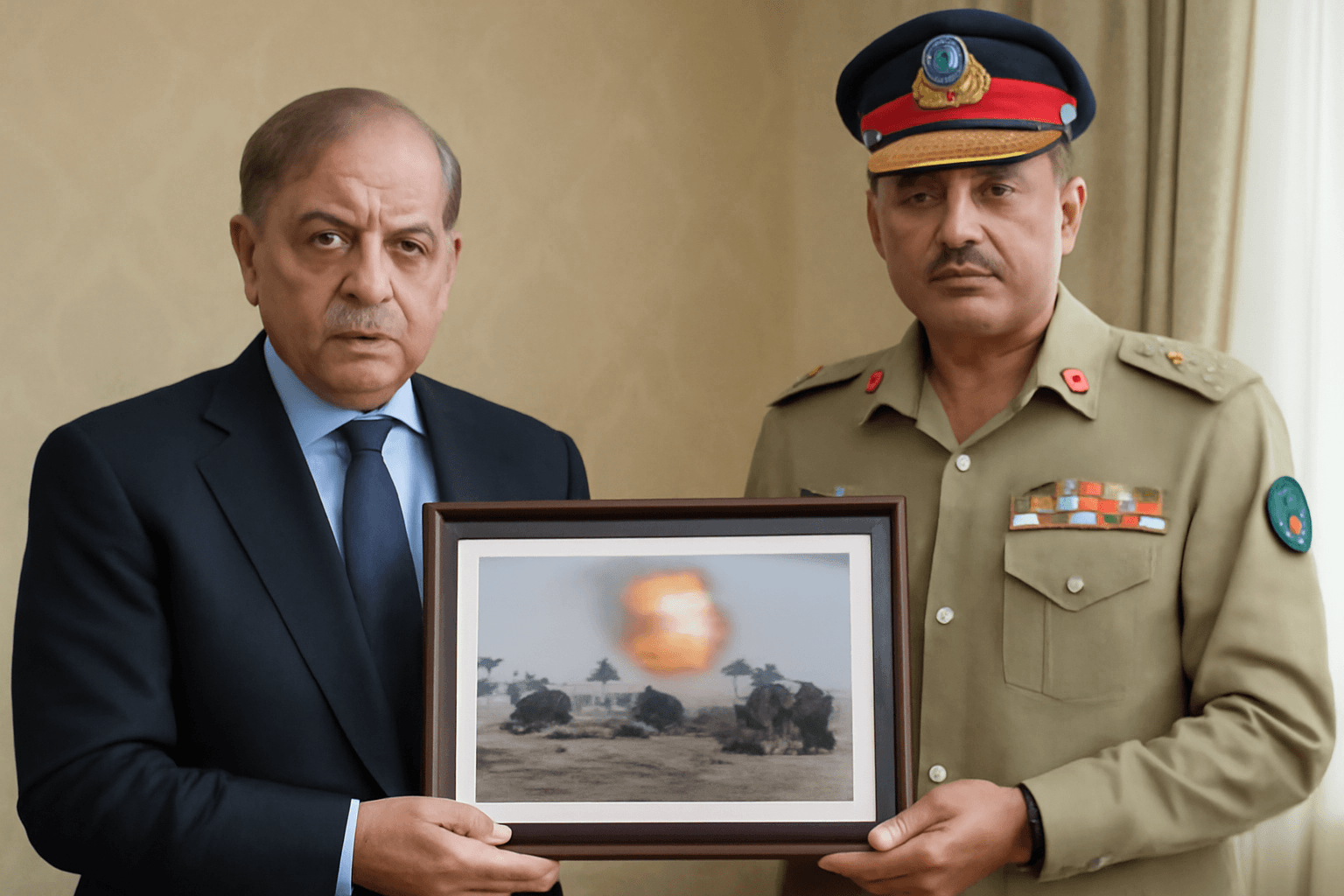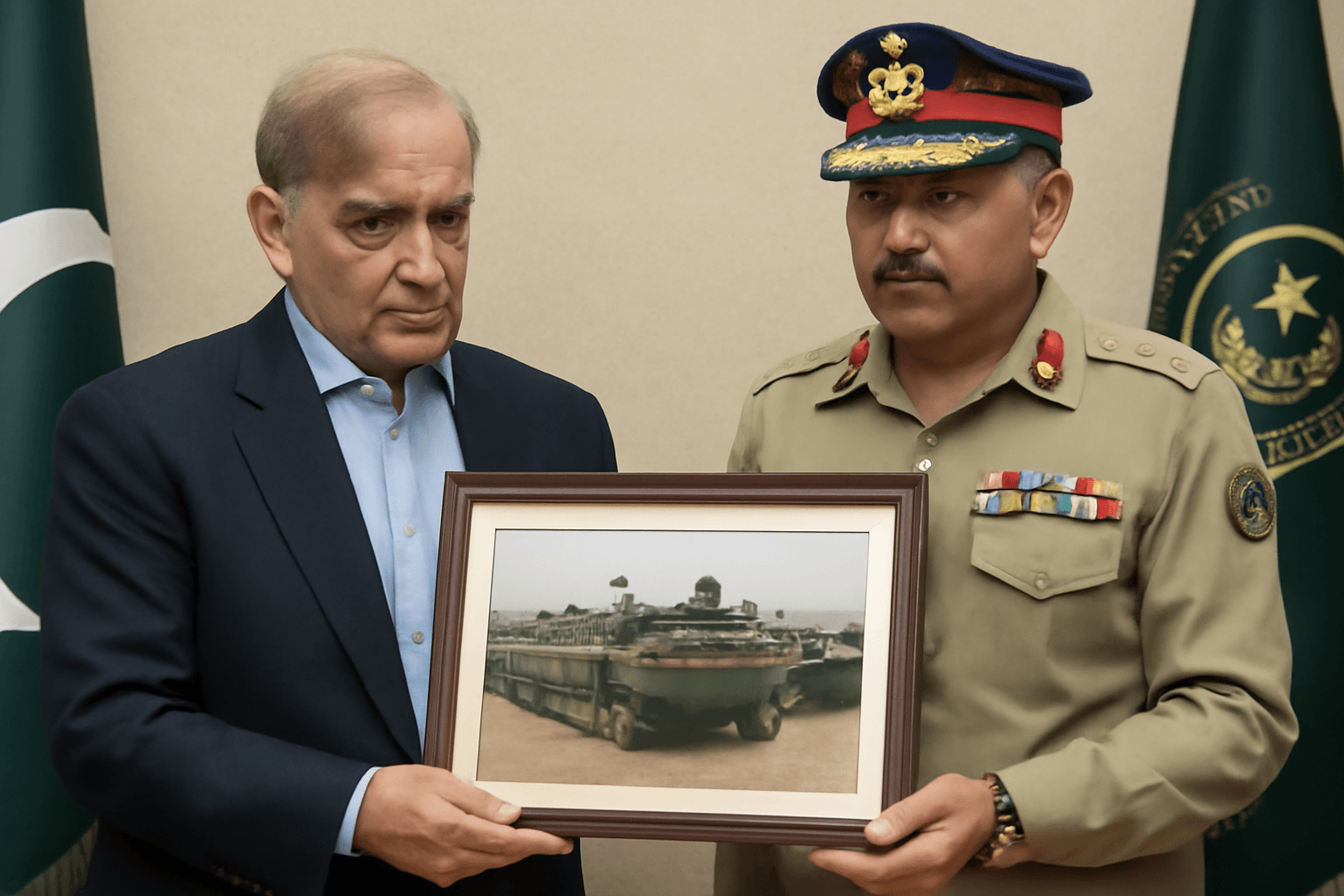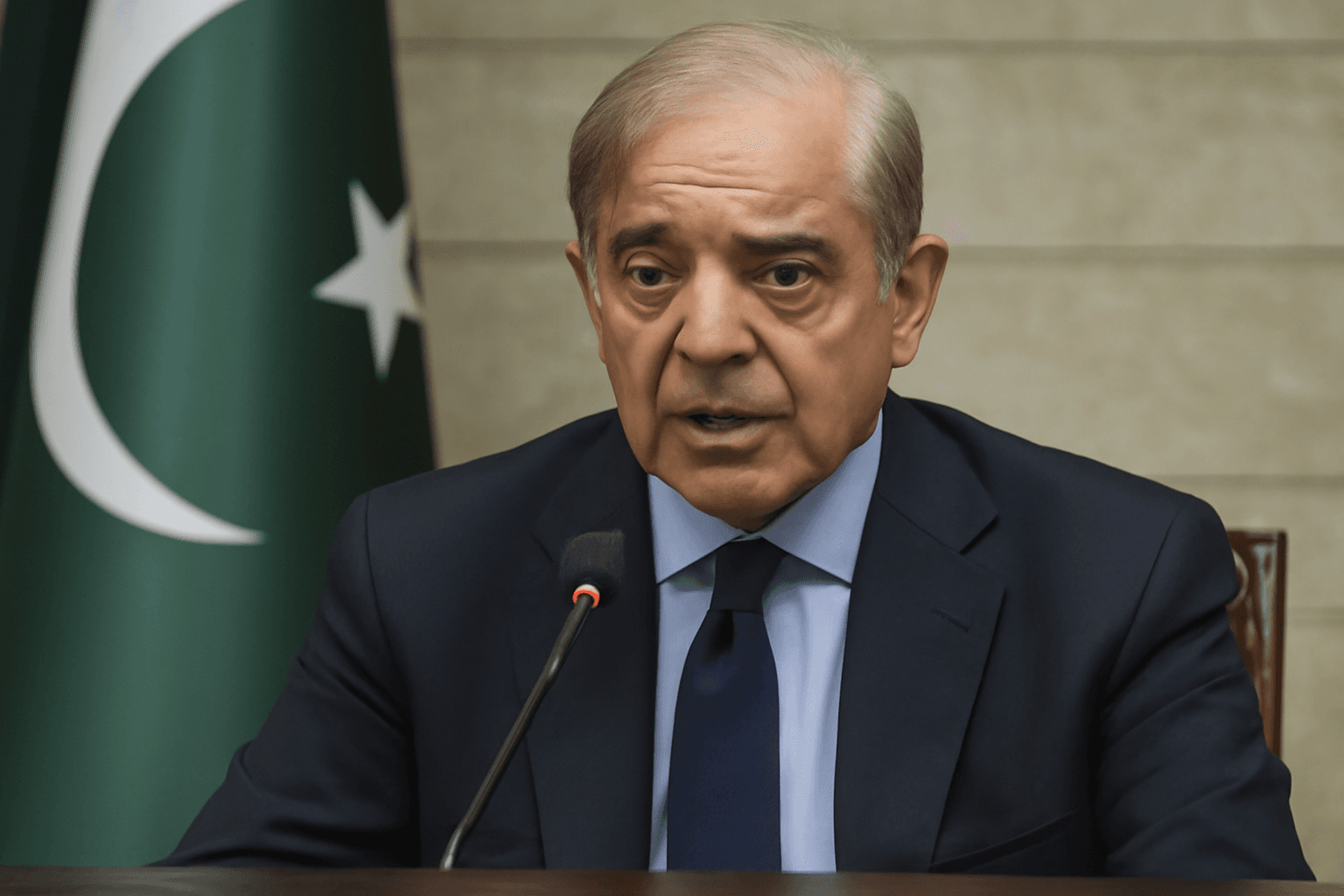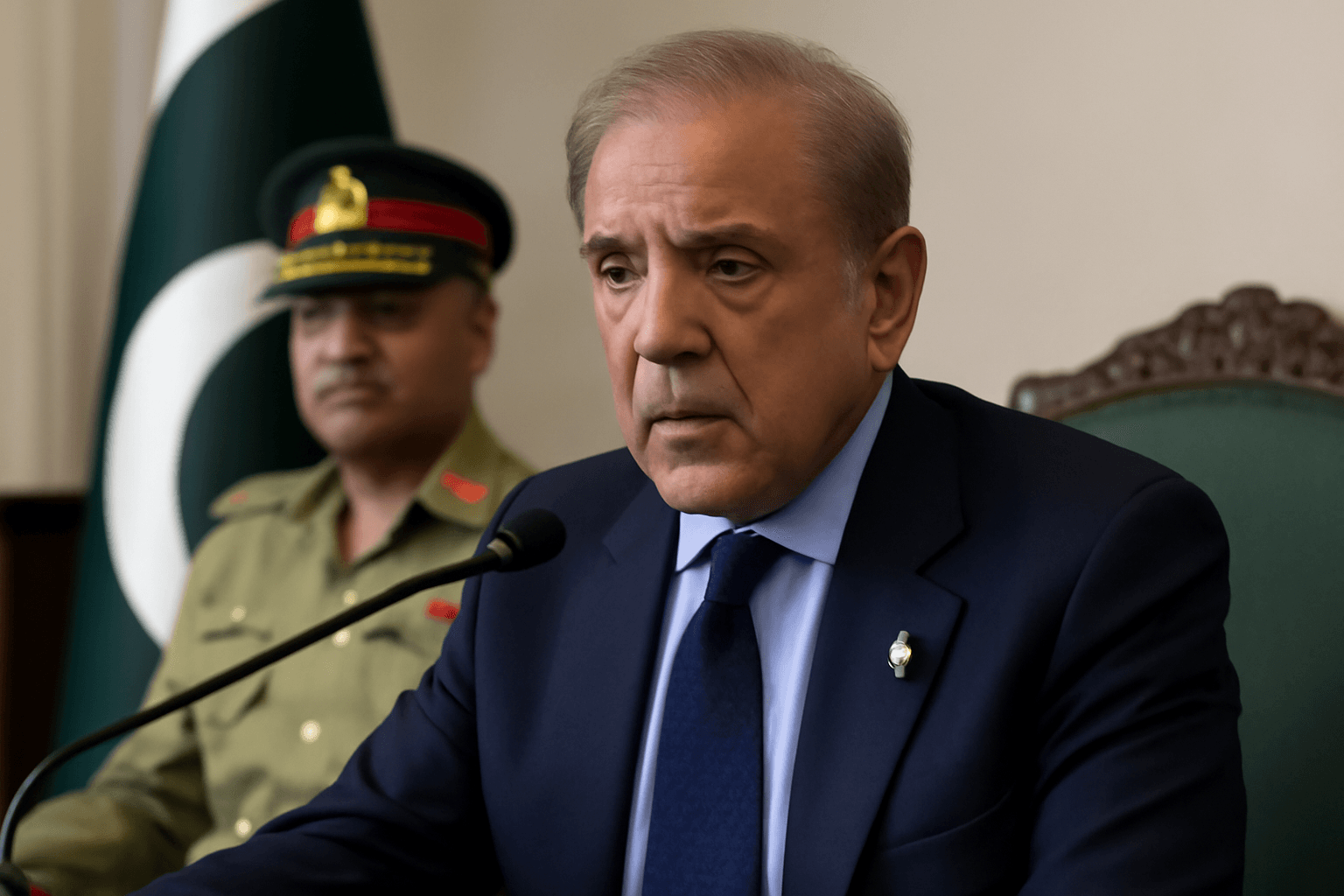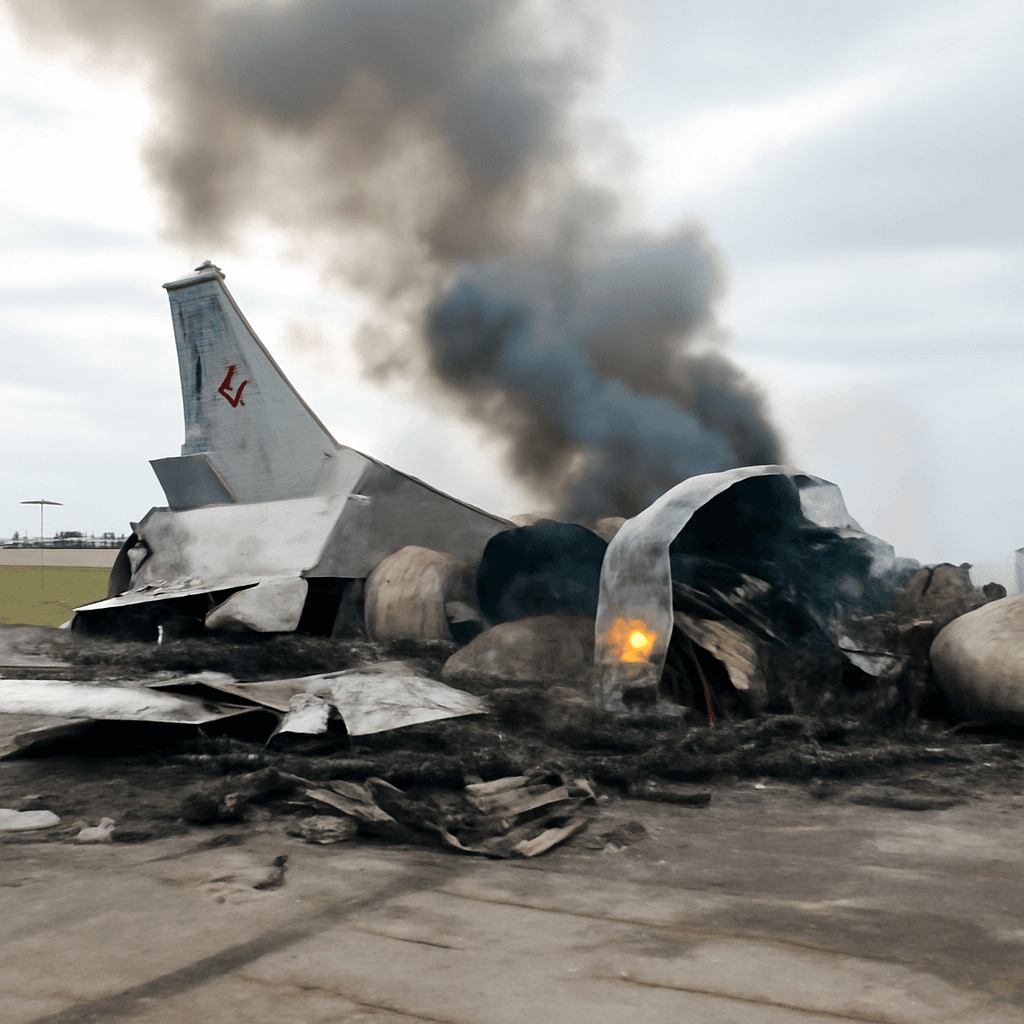PM Sharif Addresses Pakistan’s Financial Crisis
During a recent address to military personnel in Quetta, Pakistan's Prime Minister Shehbaz Sharif openly recognized the country's severe financial difficulties. He asserted that Pakistan's allies no longer expect Islamabad to seek assistance with a "begging bowl," indicating a significant shift in diplomatic and economic relations.
Strengthening International Partnerships Beyond Aid
Sharif highlighted the evolving nature of Pakistan's relationships with key international partners. Calling China a "time-tested friend" and Saudi Arabia a "trusted ally," he also acknowledged the support of Turkey, Qatar, and the United Arab Emirates. Rather than depending on financial aid, these nations now anticipate engagement with Pakistan in areas such as trade, commerce, innovation, research and development, education, health, and mutual investments.
Excerpts from PM Sharif's Speech
- China: Described as Pakistan's most enduring friend.
- Saudi Arabia: Identified as a reliable and trustworthy ally.
- Other Allies: Turkey, Qatar, and UAE also noted for their cooperative ties.
- New Expectations: Allies expect collaboration in profitable ventures rather than financial handouts.
Call for Leveraging National Resources
Emphasizing self-reliance, Sharif stressed the need for Pakistan to fully utilize its natural and human resources to overcome economic challenges. He shared that both he and Field Marshal Asim Munir are unwilling to shoulder the burden of economic dependency any longer, advocating for sustainable and internal solutions to bolster Pakistan’s economic foundation.
Context of Recent Military and Political Developments
The prime minister’s remarks came weeks after a military confrontation with India, which followed a terror attack in Pahalgam. Pakistan reportedly employed Chinese-made military equipment during the conflict. Regional responses included support from allies like Turkey, which condemned Indian strikes on terror camps within Pakistani territory.
On May 7, India conducted precision strikes targeting nine terror bases across Pakistan and Pakistan-Occupied Kashmir, citing retaliation for the April 22 Pahalgam attack that killed 26 people. The operation reportedly eliminated 100 militants affiliated with groups such as Jaish-e-Mohammed, Lashkar-e-Taiba, and Hizb-ul-Mujahideen.

